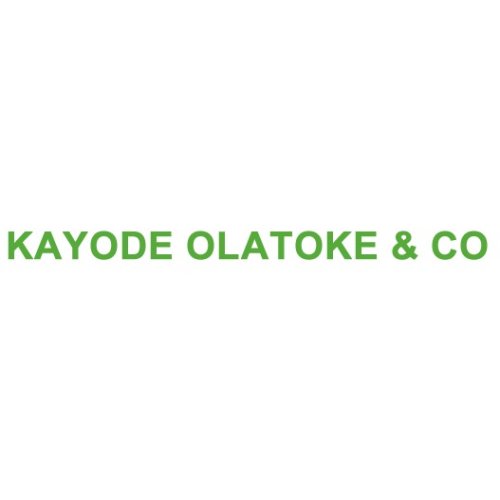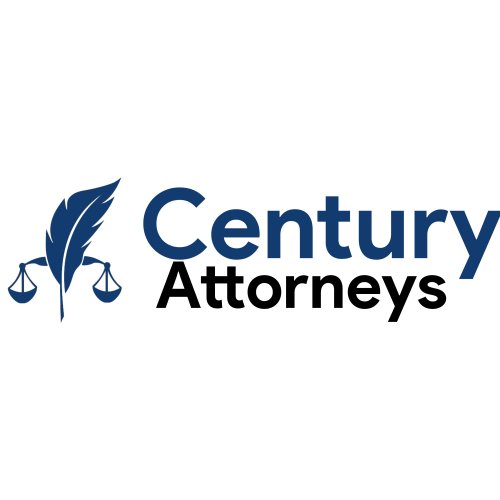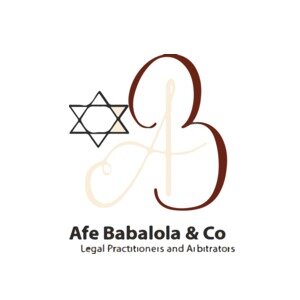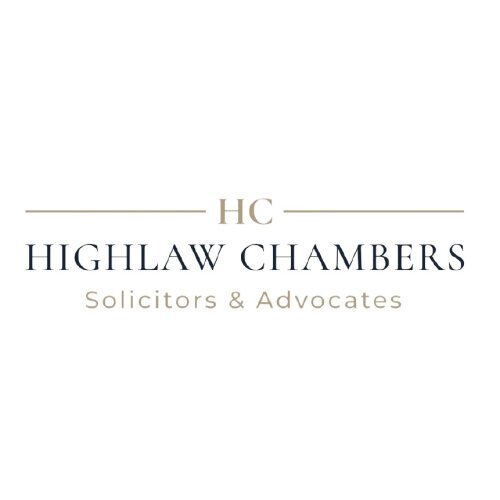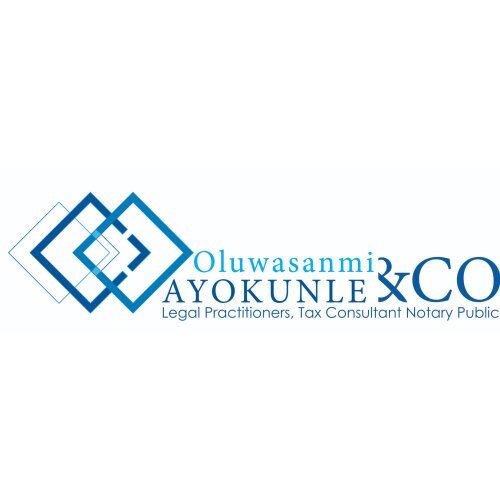Best Bankruptcy Lawyers in Nigeria
Share your needs with us, get contacted by law firms.
Free. Takes 2 min.
Or refine your search by selecting a city:
List of the best lawyers in Nigeria
Legal guides written by Adeola Oyinlade & Co:
- Procedure and Requirements for Work Permit and Visas in Nigeria
- The Step-By-Step Procedure of How to Apply for Microfinance Bank License Online in Nigeria
- How to Ensure the Smooth Recognition and Enforcement of Foreign Judgments in Nigeria
About Bankruptcy Law in Nigeria
Bankruptcy in Nigeria is a legal process designed to help individuals and businesses that are unable to repay their outstanding debts. It serves both as a form of debt relief for the debtor and as a means for creditors to recoup some of the money owed to them. Under the Bankruptcy Act of Nigeria, individuals can file for bankruptcy, whereas companies and other corporate entities go through a process known as liquidation under the Companies and Allied Matters Act (CAMA). The law aims to balance the interests of creditors and debtors while maintaining the integrity of the financial system.
Why You May Need a Lawyer
Seeking legal advice in bankruptcy-related matters is crucial for several reasons. First, the bankruptcy process can be complex, involving numerous forms, deadlines, and court procedures. A lawyer can help navigate these intricacies. Second, legal representation can assist in negotiating with creditors to achieve a more favorable debt settlement before official proceedings. Third, a lawyer ensures that your rights as a debtor or creditor are protected throughout the process. Common situations where people might need a lawyer include petitioning for bankruptcy, disputing a creditor’s claim, or responding to legal actions initiated by creditors.
Local Laws Overview
In Nigeria, the Bankruptcy Act is the primary legislation governing individual bankruptcy, while the Companies and Allied Matters Act (CAMA) addresses insolvency for corporate entities. Key points include:
- Eligibility Criteria: Individuals must owe at least NGN 2,000 to file for bankruptcy, whereas companies must demonstrate insolvency under CAMA.
- Bankruptcy Petitions: A creditor or debtor can file a petition for a bankruptcy order with the Federal High Court.
- Effects of Bankruptcy: A bankruptcy order results in the official control of the debtor's assets by a trustee or receiver for distribution among creditors.
- Discharge from Bankruptcy: Debtors can be discharged from bankruptcy after fulfilling certain obligations and timelines, releasing them from unpaid debts.
Frequently Asked Questions
What is the minimum debt required to file for bankruptcy in Nigeria?
The minimum debt required for an individual to file for bankruptcy in Nigeria is NGN 2,000.
How long does the bankruptcy process take in Nigeria?
The duration can vary based on the complexity of the case and the court's caseload, but it typically takes several months to a few years.
Can businesses file for bankruptcy in Nigeria?
No, businesses undergo a process called liquidation under the Companies and Allied Matters Act, which is similar but specifically tailored for corporate entities.
What happens to my assets if I declare bankruptcy?
If you declare bankruptcy, your assets are typically placed under the control of a trustee who liquidates them to pay off creditors, subject to certain exemptions.
Can I keep my home if I file for bankruptcy?
It depends on several factors, including the value of the home and the amount of equity. Some exemptions may apply, so consulting a lawyer is advisable.
Will bankruptcy affect my credit rating?
Yes, bankruptcy will negatively impact your credit rating and can remain on your credit report for up to seven years.
Can I choose which debts to include in my bankruptcy?
No, all outstanding debts must be included in the bankruptcy filing; however, some debts are prioritized over others by the court.
Is there a way to avoid bankruptcy?
It is possible to negotiate directly with creditors for a debt settlement or restructure, often with the help of a lawyer, to avoid formal bankruptcy proceedings.
How does bankruptcy affect joint accounts or co-signers?
Joint accounts may also be under scrutiny, and co-signers could become responsible for the debt if one party declares bankruptcy.
Can bankruptcy be reversed?
Reversing bankruptcy is difficult once proceedings are initiated, although there are rare circumstances where reversals are possible with adequate legal grounds and assistance.
Additional Resources
Consider reaching out to the following resources for more information and assistance:
- The Corporate Affairs Commission (CAC): Responsible for management and regulation of insolvency for companies.
- Federal High Court: Handles bankruptcy petitions and proceedings in Nigeria.
- Legal Aid Council of Nigeria: Provides legal assistance to those who cannot afford private legal fees.
- Institute of Chartered Accountants of Nigeria (ICAN): Offers guidance on financial restructuring and advice.
Next Steps
If you require legal assistance in bankruptcy, start by consulting a qualified bankruptcy lawyer. They will evaluate your financial situation to determine the most suitable course of action. Prepare all necessary financial documents and be transparent about your assets, income, and liabilities. Additionally, consider reaching out to local legal aid societies or associations for guidance on affordable legal services. Taking these steps can make the bankruptcy process less daunting and more manageable.
Lawzana helps you find the best lawyers and law firms in Nigeria through a curated and pre-screened list of qualified legal professionals. Our platform offers rankings and detailed profiles of attorneys and law firms, allowing you to compare based on practice areas, including Bankruptcy, experience, and client feedback.
Each profile includes a description of the firm's areas of practice, client reviews, team members and partners, year of establishment, spoken languages, office locations, contact information, social media presence, and any published articles or resources. Most firms on our platform speak English and are experienced in both local and international legal matters.
Get a quote from top-rated law firms in Nigeria — quickly, securely, and without unnecessary hassle.
Disclaimer:
The information provided on this page is for general informational purposes only and does not constitute legal advice. While we strive to ensure the accuracy and relevance of the content, legal information may change over time, and interpretations of the law can vary. You should always consult with a qualified legal professional for advice specific to your situation.
We disclaim all liability for actions taken or not taken based on the content of this page. If you believe any information is incorrect or outdated, please contact us, and we will review and update it where appropriate.
Browse bankruptcy law firms by city in Nigeria
Refine your search by selecting a city.





